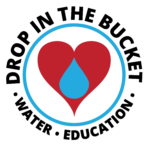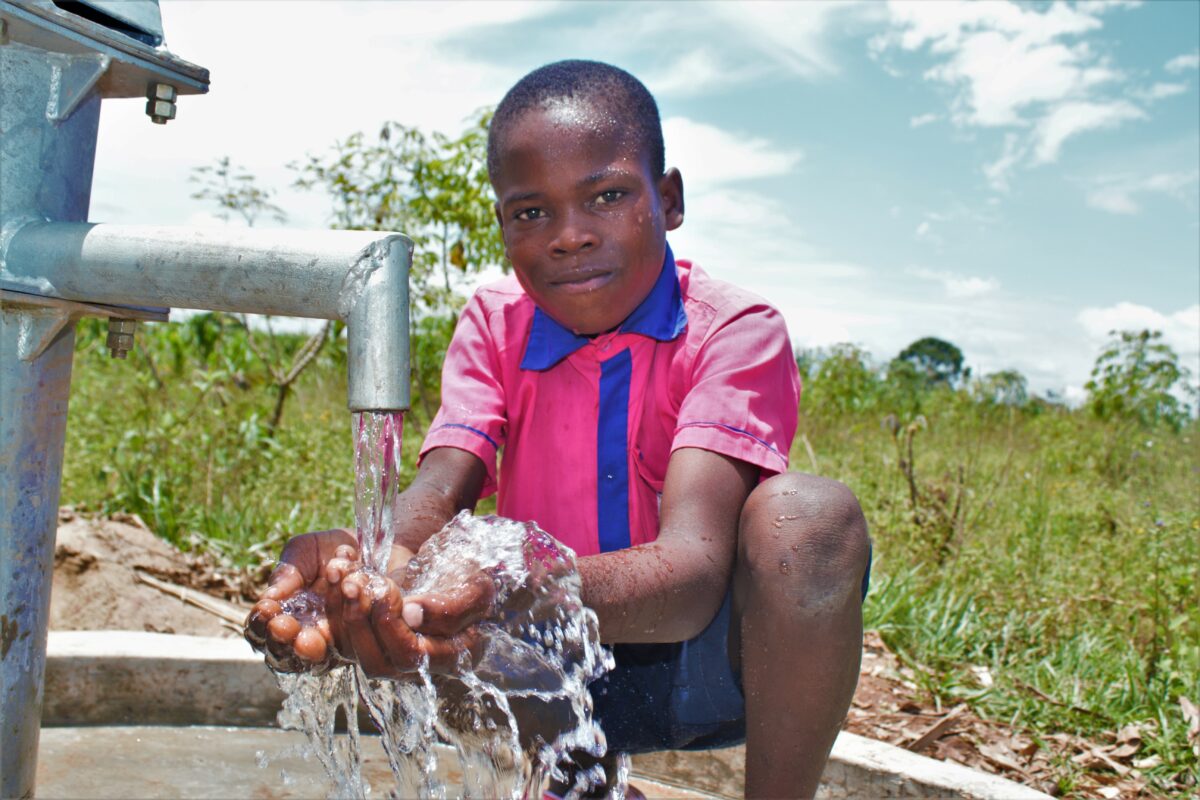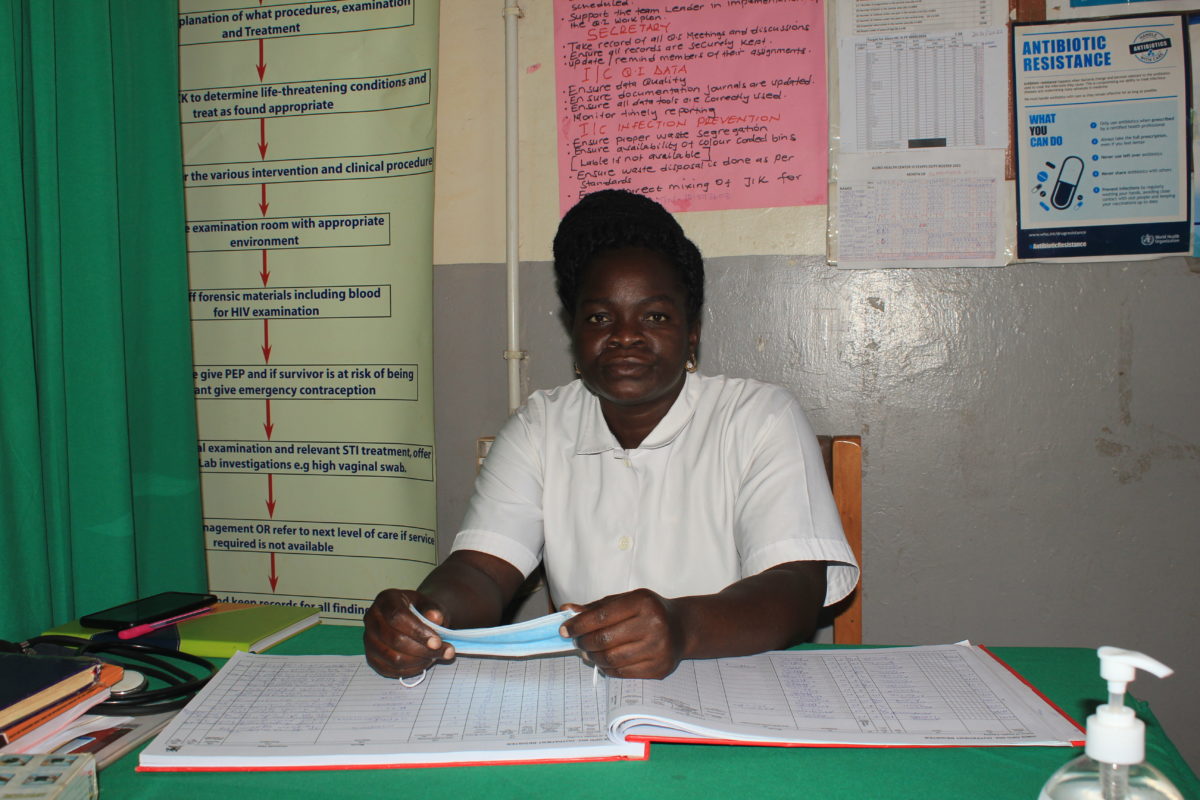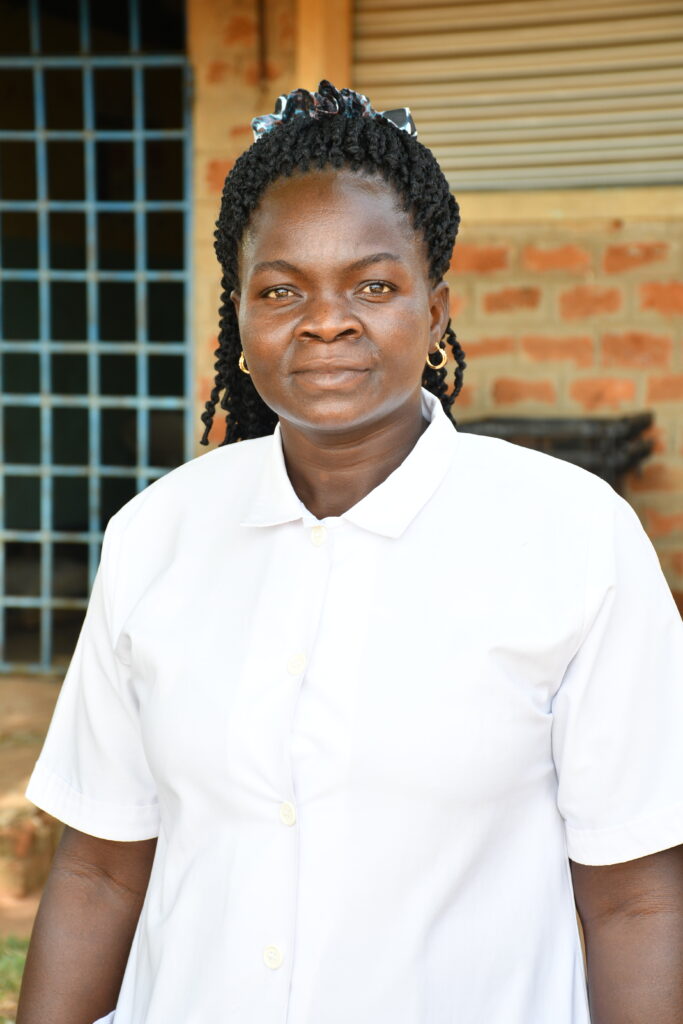A Headteacher in a Tough Position
It was January 2022, and Bulumwaki primary school was struggling. The new year had brought 836 pupils to the school, but there was no clean water. “We really needed a borehole (well), but we did not have the resources to get one drilled, and we had no way to raise that kind of money,” recalls Namutubu Oliver, the school’s head teacher.

Just a 10-minute walk from the school was a community well that they could use. Most days, this was not too big a problem. It did take 20 minutes to get there and back, which meant missing half a lesson. But there were days when the lines at the well were long, and on those days, the children would take an hour or more to get water.
The Shadoof
The headteacher knew she was in a tough position. The last year of primary school is when the students’ exam results matter the most, so while she hated sending them, she had no choice. The younger children were not as strong or able to walk as fast, so it took them longer, and they missed more school. She is relieved she no longer has to make such difficult choices.
The shadoof had its problems too! Every dry season, it would stop producing water. It was also impossible to keep livestock out, so it was always polluted with animal waste.
Before the Well
Oliver’s voice gets quiet as she remembers how things were. “There were times when the children were sick with the flu or had colds and needed water for their dry throats or to wash their faces and hands. I had to tell them to wait until break or lunchtime when we could get more water.”
“Things were much worse for girls during their menstrual cycle. We have a changing room for girls, but without water, it was not much use. Some menstruating girls had to just sit and wait until we could go and fetch water. This resulted in poor hygiene, embarrassment, and missing lessons,” remembers the headteacher. In smaller schools, teachers and students end up using the same toilets. With toilets being used by so many students and no water to keep them clean, the teachers’ frustration was understandable. And no water for washing hands after using the toilets opened the school up to even more health risks.
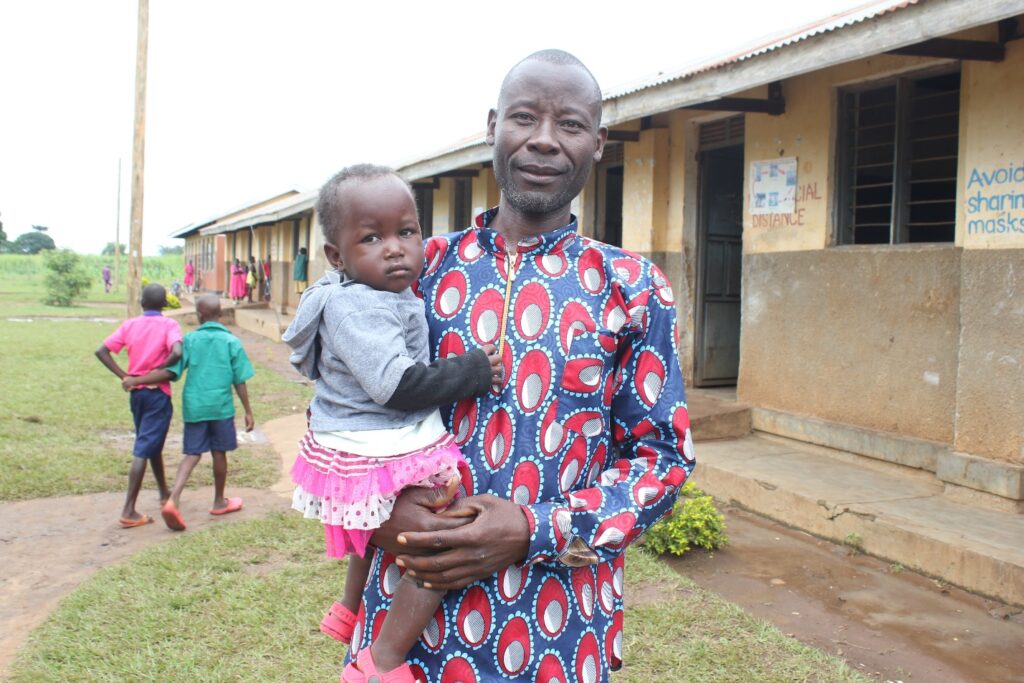
Mukungu Grace, one of the affected teachers, recalls. “We had to be careful about what we ate, so that if possible, we could wait to use the toilet at home. The ones at the school were just too disgusting.”
Bulumwaki Primary Now Has Clean Water
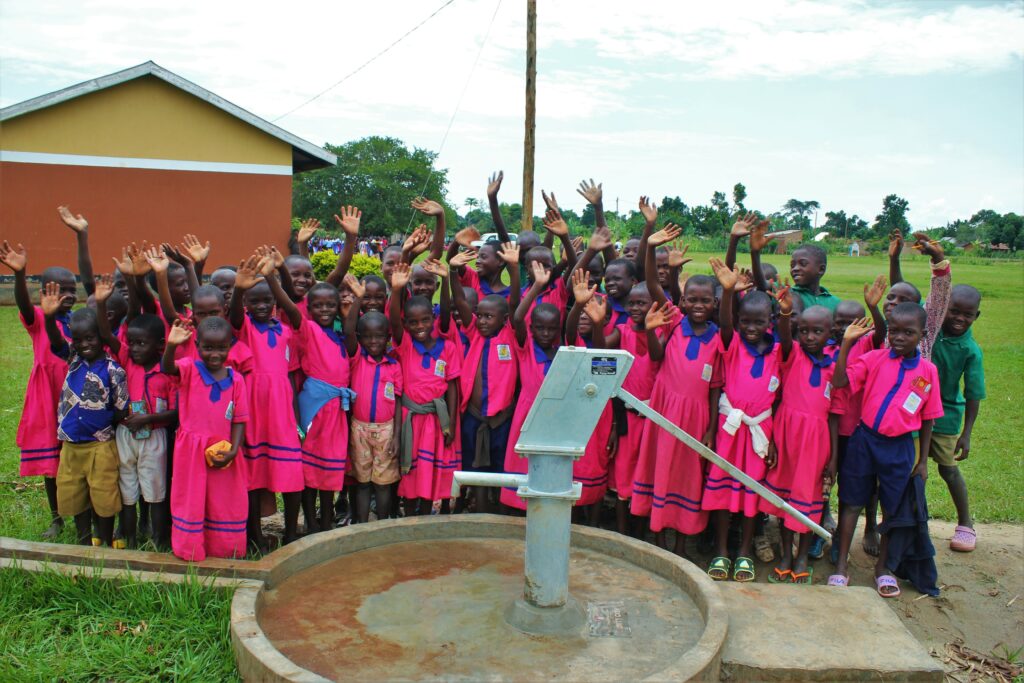
By October of that year, it was a different story at Bulumwaki. With a new borehole well drilled by the non-profit Drop in the Bucket, the school was now thriving. “I am happy about the new well! Happy about the health of my students. Happy about the hygiene of our girls, and I’m happy our teachers are happy,” says Oliver, the headteacher.
